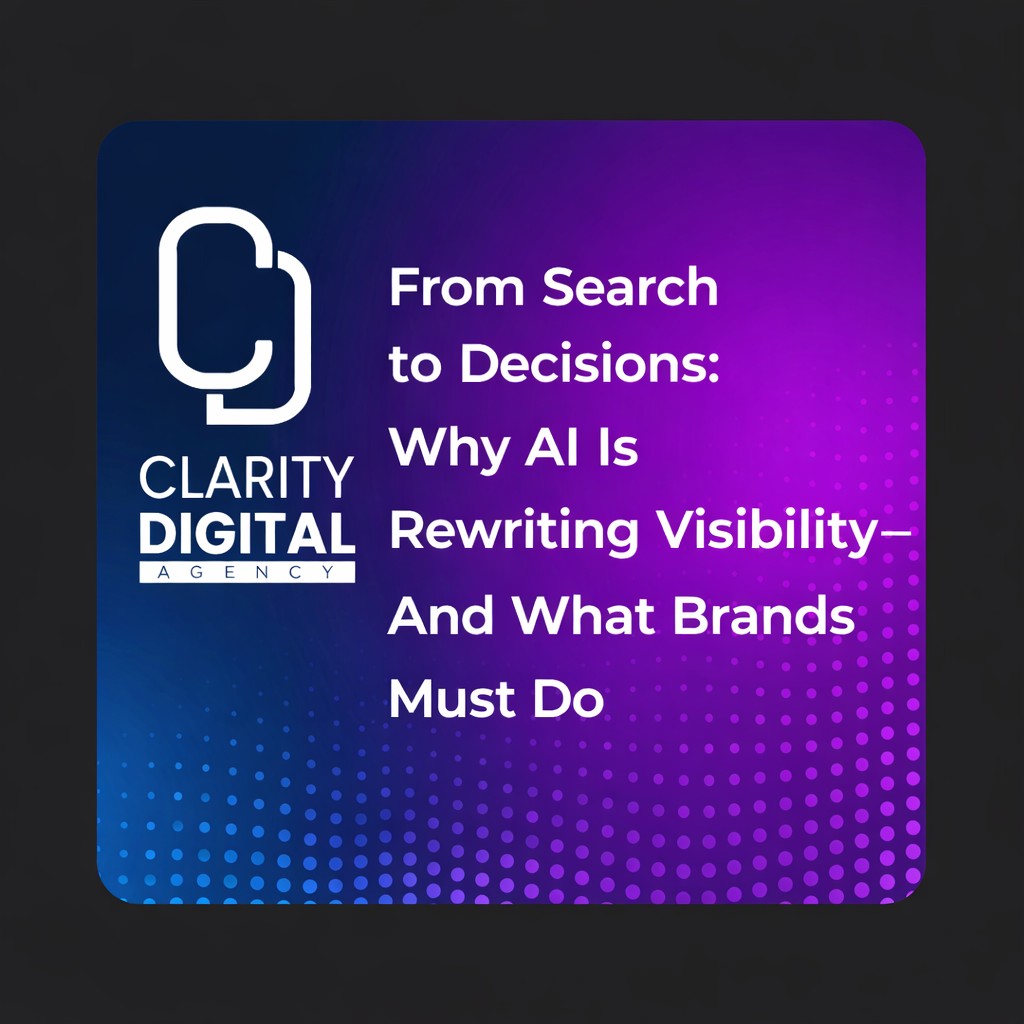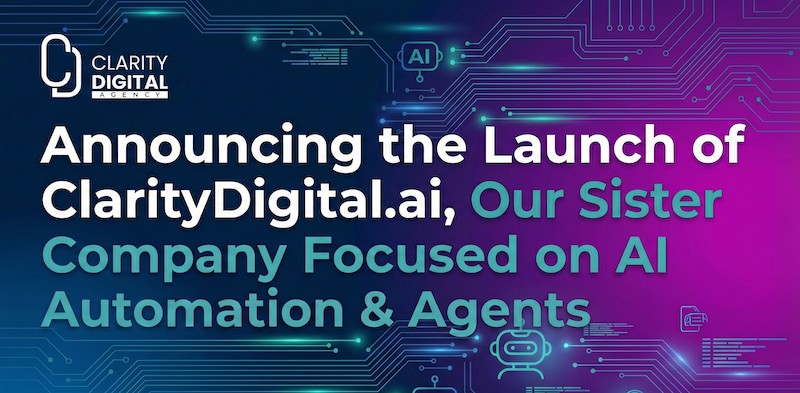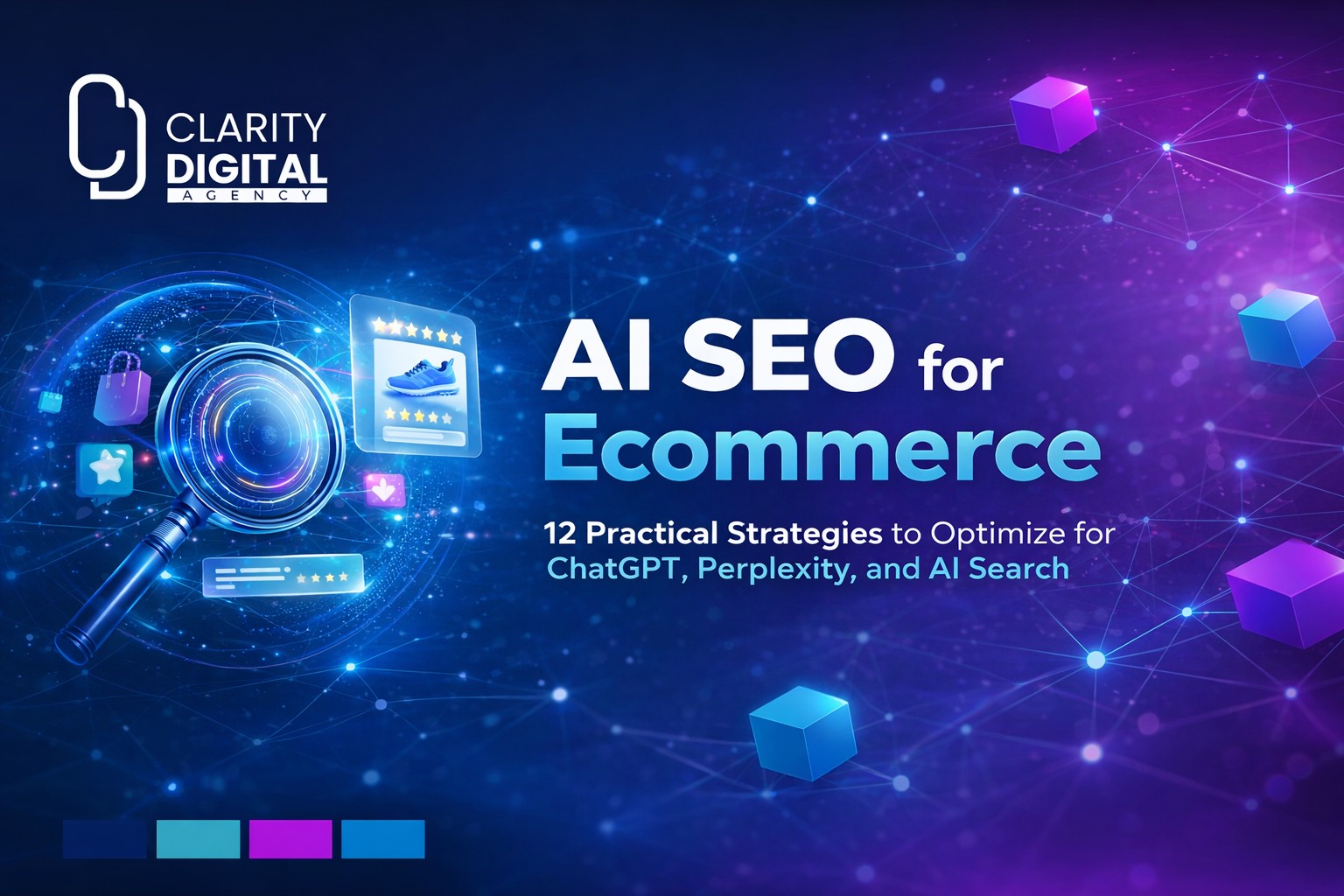The future of search is already here, and it’s powered by artificial intelligence (AI). From Google’s Search Generative Experience (SGE) to tools like Bing Copilot, Perplexity, and ChatGPT, search engines are evolving from lists of links to AI-generated summaries and answers.
For businesses, this AI search shift introduces a critical new consideration: how your online reputation and your digital branding influences what AI search engines say about you.
These systems no longer rely solely on your website or structured data. Instead, they analyze reviews, comments, brand mentions, and sentiment across the internet to determine whether your business is credible, trustworthy, and relevant.
If you’re not actively monitoring and managing your reputation across platforms, you risk being misrepresented or overlooked entirely in the next generation of search.
How AI Search Engines Are Interpreting Business Reputation and Reviews
Unlike traditional search engines that index and rank websites based on keywords and backlinks, AI search systems use natural language understanding and machine learning to evaluate context.
They scan reviews across platforms like Google, Yelp, TripAdvisor, Facebook, Reddit, and niche directories. They analyze what customers say about your business, how often those themes come up, and whether they align across different sources.
A single glowing review won’t sway AI. But consistent praise about your customer service, pricing, or quality across five platforms might.
At the same time, inconsistent messaging like a 4.8 rating on Google but a 2.9 on Yelp could signal unreliability and decrease your visibility in AI-generated answers.
Why Review Monitoring Across Platforms Is Now Non-Negotiable
In the past, many businesses focused solely on Google reviews, assuming that was enough. But AI search is not confined to one platform. It pulls from everywhere people are talking about your brand.
That means reviews on Facebook, Instagram comments, Reddit threads, and even lesser-known forums could affect how your business appears or doesn’t appear in AI-generated results.
If your review profile is outdated, inconsistent, or ignored on certain platforms, the AI may struggle to form a coherent or positive interpretation of your brand. Monitoring across platforms ensures a unified and accurate reputation that AI can understand and trust.
The Direct Connection Between Online Reviews and AI Search Visibility
AI-powered search tools are designed to give users immediate, high-confidence answers. To do that, they rely heavily on reviews to shape the language and sentiment of those summaries.
For example, if your reviews frequently mention phrases like “fast service,” “family-friendly,” or “affordable pricing,” those attributes may be reflected in AI-generated results, especially in local or intent-driven searches.
This means reviews aren’t just social proof anymore. They are a data source that AI models use to describe and rank your business.
If your competitors have stronger, more consistent, or more current reviews across multiple platforms, AI may prioritize them in the results, even if your actual services or offerings are better.
What Review Signals AI Search Engines Are Likely Prioritizing
While the inner workings of AI models are proprietary, several review-related signals are almost certainly playing a role:
- Keyword relevance: Common phrases and attributes mentioned in reviews help AI understand what your business offers.
- Review volume: A higher number of quality reviews builds confidence in your credibility.
- Recency: Fresh reviews carry more weight than older ones, especially for service-based businesses.
- Sentiment: Positive tone matters, but authenticity matters more. Mixed feedback is better than generic praise.
- Cross-platform alignment: Consistent messaging across Google, Yelp, Facebook, and others reinforces trust signals.
How Businesses Can Optimize Their Online Reputation for AI Search
To stay visible in AI-generated search results, businesses must treat online reviews as a strategic digital asset. Here are key steps to take:
1. Audit your review presence
Start with a full audit of how your business appears across Google, Yelp, TripAdvisor, Facebook, and industry-specific platforms. Note the volume, tone, and consistency of your reviews.
2. Build a review generation process
Make review requests a routine part of your customer journey. Automate follow-ups, use signage, and empower frontline staff to encourage feedback.
3. Monitor reviews regularly across all platforms
Use tools or agencies to track reviews, sentiment trends, and platform-specific performance. Don’t rely solely on Google.
4. Respond to all reviews, especially the critical ones
AI models analyze responses. A timely, thoughtful reply to a negative review can signal professionalism and accountability to both people and machines.
5. Align your brand narrative across platforms
Look for messaging gaps. Are your strengths reflected consistently across Google, Yelp, and Facebook? If not, adjust your strategy to guide the narrative.
Reputation Is Now a Core SEO Signal in the AI Era
Search is no longer just about keywords, metadata, and backlinks. It’s about brand narrative, sentiment, and trust, and online reviews sit at the heart of that shift.
AI-powered search engines are reading your reviews, interpreting your brand tone, and summarizing your business for potential customers in real time. If your reputation is weak, inconsistent, or outdated, the AI may simply choose to recommend someone else.
At Clarity Digital Agency, we help multi-location and enterprise businesses build review generation, monitoring, and engagement systems that align with the future of search.
Your customers are watching. So are the algorithms. It’s time to take control of your reputation, because in the age of AI search, trust is the new currency of visibility.
Need help improving your online reputation, SEO, or AI search visibility? Contact Clarity Digital for a quick evaluation and actionable insights to strengthen your presence across platforms.





